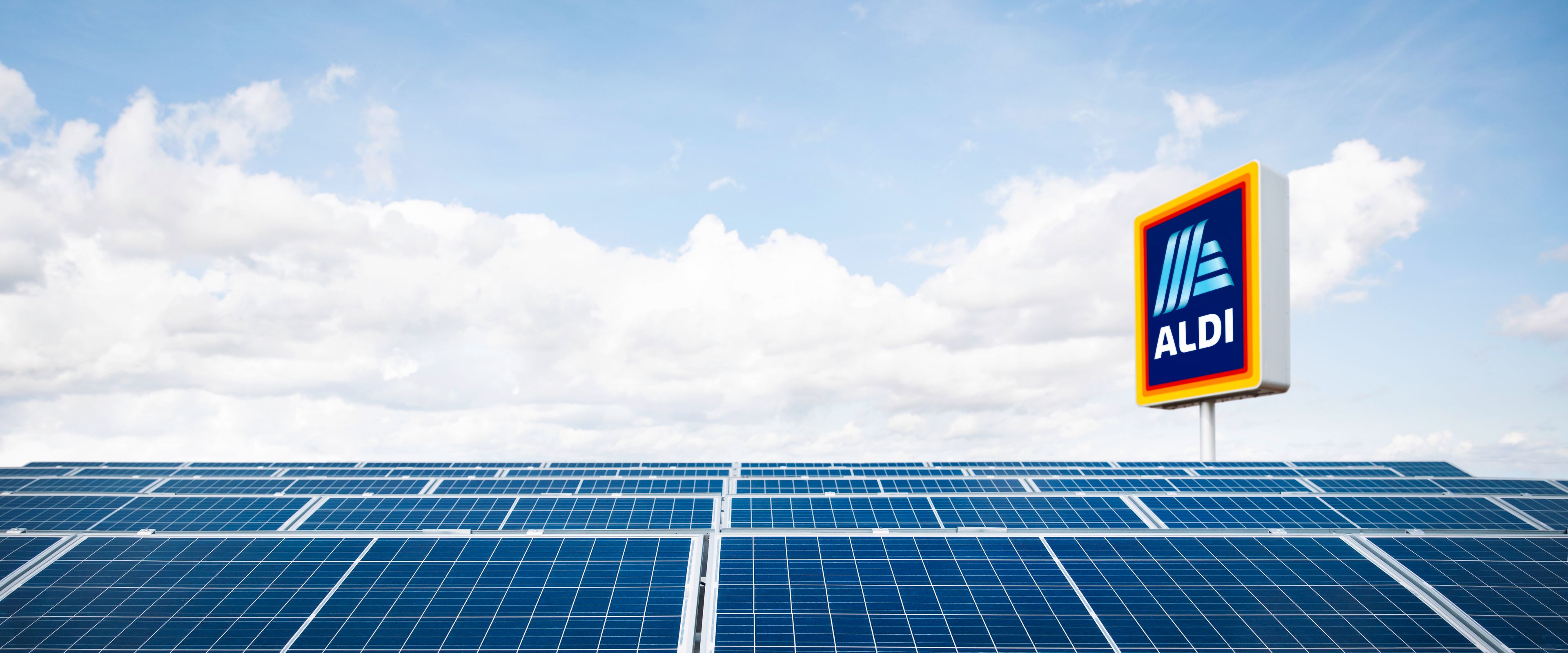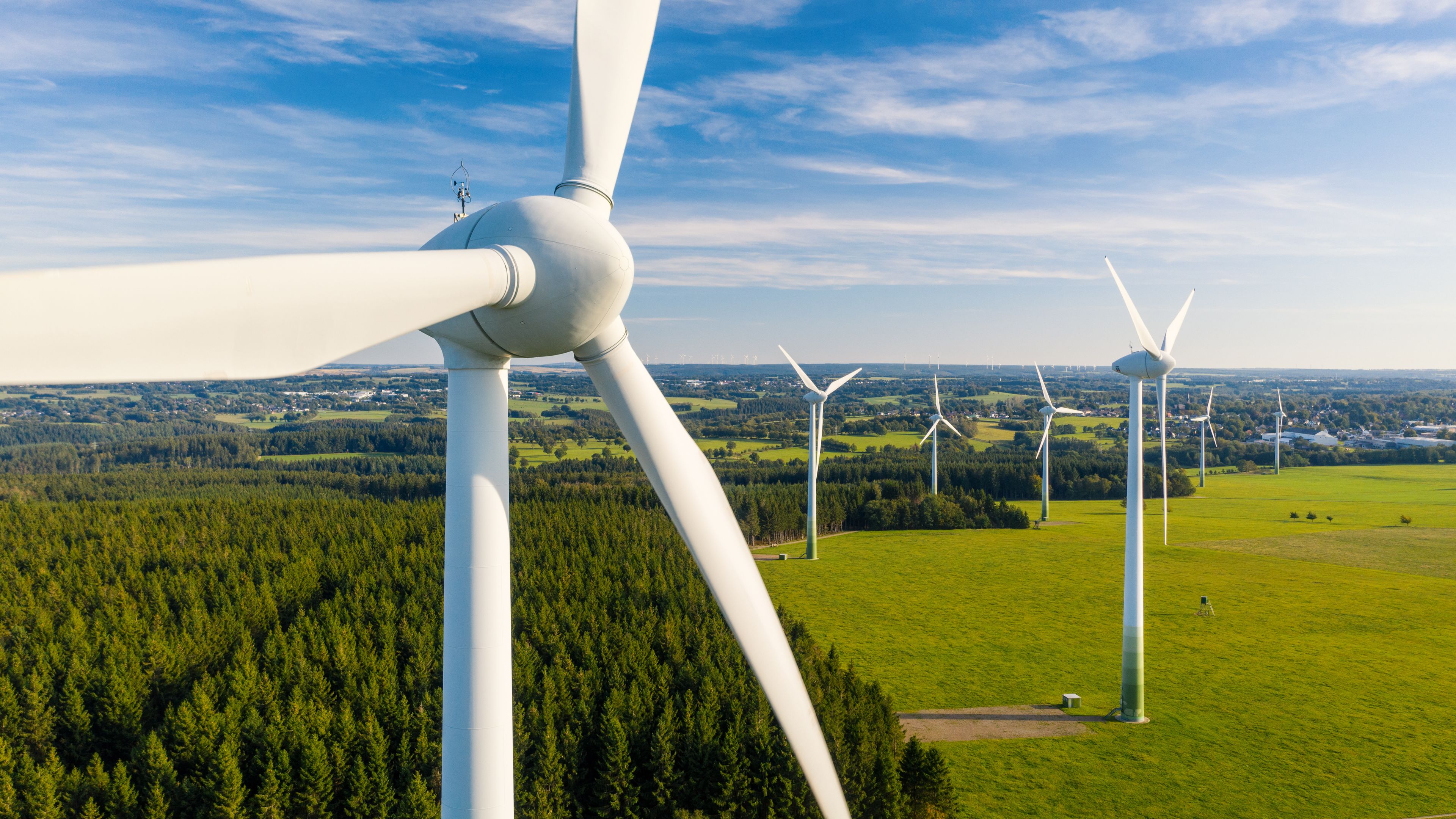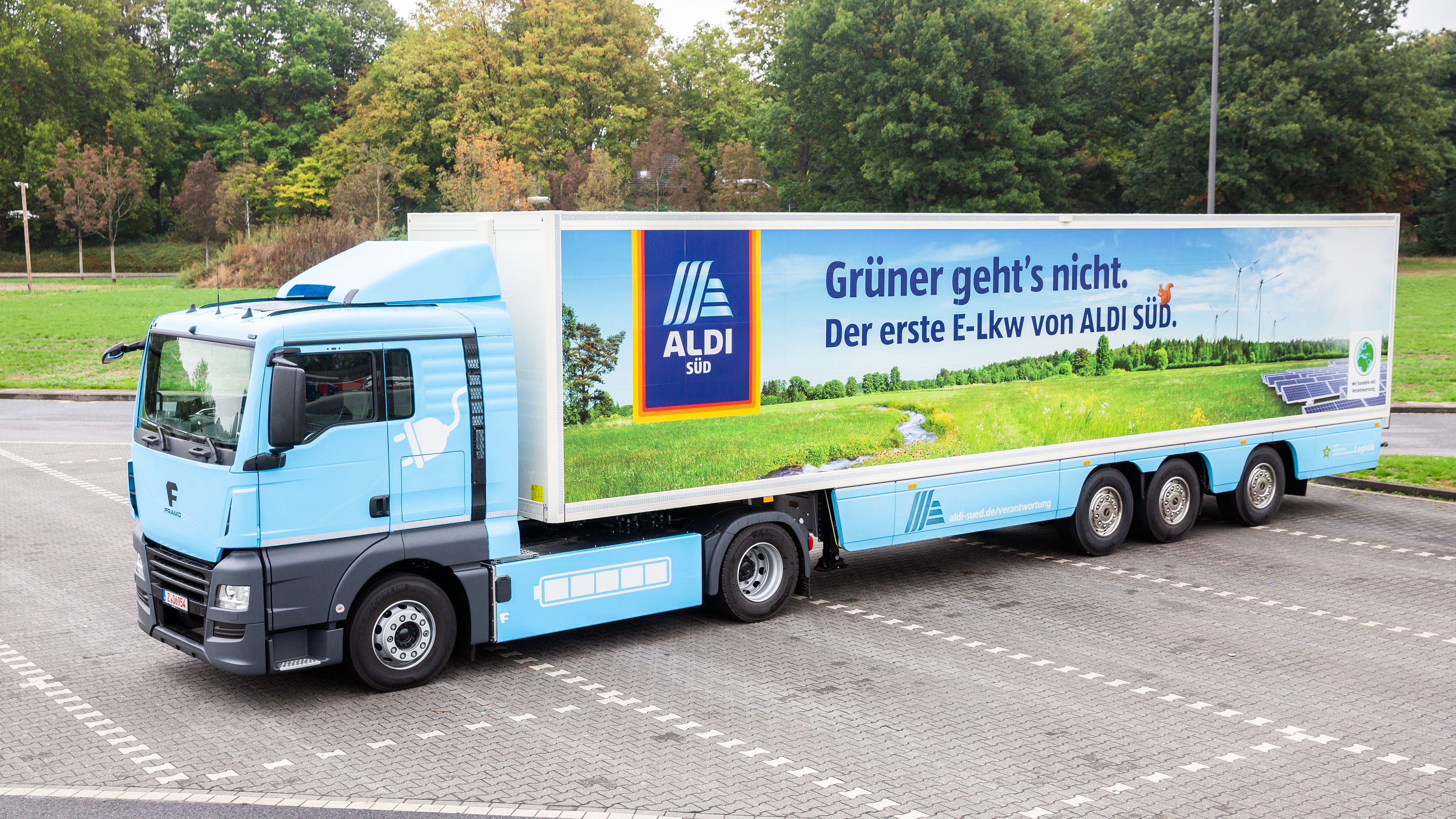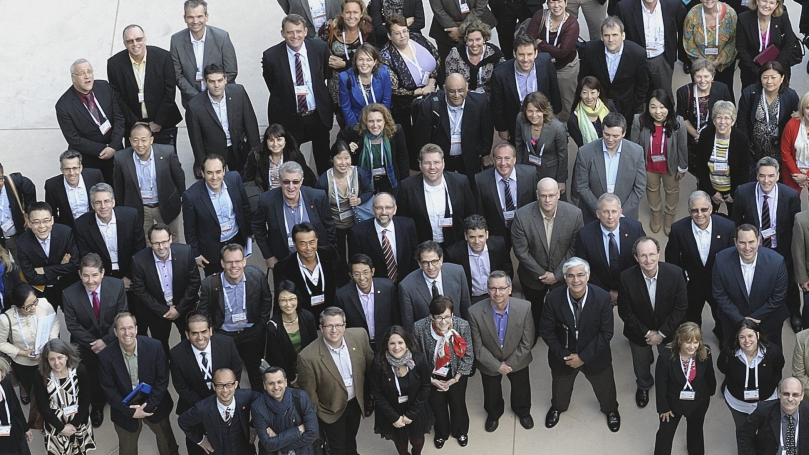

In 2024, the ALDI SOUTH Group became one of the first global grocery retailers to set science-based net-zero targets that were validated by the Science Based Targets initiative (SBTi). This major milestone creates a pathway for the company to reach net-zero carbon emissions from its own operations and supply chains.
The ALDI SOUTH Group has set itself science-based emissions reduction targets that align with the company’s long-term ambition to take steps to limit global warming to 1.5°C, in line with the Paris Agreement. These targets were subsequently assessed according to scientific criteria by the Science Based Targets initiative.

What is the Science Based Target initiative (SBTi)?
The SBTi is a corporate climate action organization that enables companies and financial institutions worldwide to combat the climate crisis. It is a collaboration between the Carbon Disclosure Project (CDP), the United Nations Global Compact (UNGC), the World Resources Institute (WRI) and the World Wide Fund for Nature (WWF).
The SBTi defines and promotes best practices in science-based target setting. Offering a range of target-setting resources and guidance, the SBTi independently assesses and approves companies’ targets in line with its strict criteria. Science-based targets show businesses how much and how quickly they need to reduce their greenhouse gas (GHG) emissions to prevent the worst effects of climate change.
Working towards net-zero
Net-zero means that we are no longer adding to the total amount of greenhouse gases in the atmosphere. The ALDI SOUTH Group is working to minimise the environmental impact of our corporate activities by reducing our greenhouse gas emissions and ensuring that we offer more products that have minimal impact on the climate.
The ALDI SOUTH Group’s new science-based targets cover emissions generated from our own operations, known as Scope 1+2 emissions, as well as those that result from our supply chain, known as Scope 3 emissions.

Reducing our operational emissions
Our operational emissions – the emissions from sources that we own and control – account for less than 1% of the greenhouse gas emissions within our entire value chain.
In 2024, the ALDI SOUTH Group set itself the science-based target to reduce absolute energy and industry Scope 1+2 emissions from its own operations 52% by 2030 from a 2021 base year.
This new goal builds upon the success the company had in meeting its previous science-based targets, which were set in 2020. At that time, the company set itself the aim to cut Scope 1+2 emissions 26% by 2025 compared to a base year of 2016.
In 2022, the ALDI SOUTH Group overachieved its absolute target by reducing its absolute energy and industry Scope 1+ 2 emissions by 63% (base year: 2016). When including external logistics providers, who provide a significant proportion of transport between our Regional Distribution Centres (RDCs) and stores, the reduction of the total operational emissions is 46%.
Reducing our supply chain emissions
Carbon emissions resulting from our corporate value chain are known as Scope 3 emissions. In total, approximately 99% of our total greenhouse gas emissions are attributable to our business value chain.
In 2024, the ALDI SOUTH Group set itself its first science-based near-term and long-term targets covering Scope 3 emissions. The company’s short-term goal commits the company to initially reduce absolute Scope 3 emissions 25% by 2030 from a 2022 base year, guiding the company on its way to reach net-zero by 2050.
Through a strategic approach, we are set to implement decarbonization and emission reduction initiatives targeting the major sources of Scope 1+2 emissions from our store and logistics operations and increasing our efforts to reduce Scope 3 emissions by partnering with suppliers on their on-farm practices and addressing our upstream transportation decarbonization opportunities. We also intend to step up collaboration with our suppliers as tackling climate change requires a collective effort.
For 2022, we once again conducted a comprehensive Scope 3 emissions inventory, which will serve as the basis for the development of the Zero Carbon Roadmap in the future. For this updated baseline, we have identified ten Scope 3 categories under the Greenhouse Gas Protocol that are most relevant to the ALDI SOUTH Group. This will allow us to pinpoint the most impactful emission areas and implement effective reduction measures as we strive to reduce Scope 3 emissions further.

Monitoring our climate progress and taking next steps
The ALDI SOUTH Group has also become one of the first global grocery retailers to set itself science-based targets specifically aimed at reducing greenhouse gas emissions from the forestry, land use, and agriculture (FLAG) sector.
The FLAG sector is one of the most impacted sectors by climate change, yet also accounts for nearly a quarter of global greenhouse gas emissions. As a result, reducing emissions from this key sector is vital in our attempts to reach our ambitious net-zero aims and limit global warming to 1.5°C.
Monitoring our climate progress and taking next steps
To track our progress towards carbon neutrality, we annually calculate our company's carbon footprint for all business processes and locations, following the guidelines of the Greenhouse Gas Protocol.


